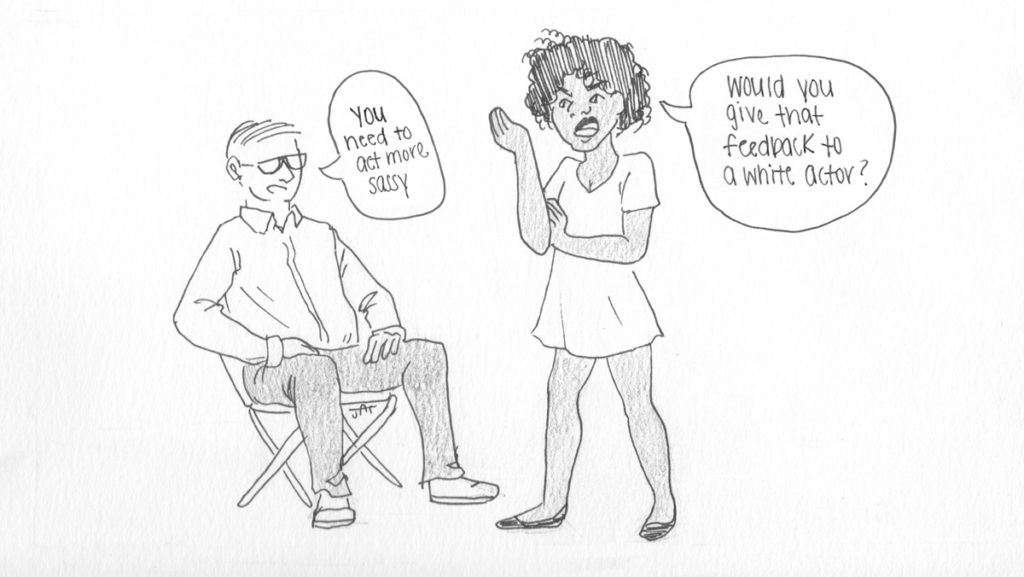At the end of the fall semester, posters lined the hallways of the Ithaca College Dillingham Center that displayed quotes of microaggressions students experienced over the last few academic years. These quotes were a part of the “Manifesto of Visibility,” which was a project done by three students in the Department of Theatre Arts.
This display did not go unnoticed. Ithaca College President Shirley M. Collado; Melanie Stein, dean of the School of Humanities and Sciences; and La Jerne Cornish, provost and senior vice president for academic affairs, went to Dillingham to speak to students and see the comments posted on the walls. The administration has already begun responding to the display by sending a campuswide email, calling for a campus meeting and ensuring the improvement of inclusion and diversity training for faculty and staff.
What stands out most in the “Manifesto of Visibility” is that these interactions and conversations occurred in spaces for learning and community: in the classroom, on the stage and in the very hallways where these quotes were posted for all to see. This issue is not one that can be solved by a single visit from the college administration or campus meetings that tend to be ill-attended.
The way to effectively work toward addressing microaggressions and help the people whose voices have been silenced is to address the issue where it begins — in the classrooms and extracurriculars where these microaggressions are usually ignored or overlooked.
These spaces are meant to foster learning outside what textbooks and lectures are able to address. Higher education is where people’s understandings of the world are meant to be challenged, where perspectives are meant to differ and where so much of the learning comes from listening to each other. This cannot happen in an environment in which people’s perspectives and experiences are being silenced or completely ignored.
Although there is an inherent power dynamic among professors and students, both should be held responsible when they make comments that are insensitive. It is the responsibility of both educators and students in the classroom to create an accepting and enriching learning environment. For students, it is to bring forward the concerns, questions and harder topics to discuss. For educators, it is the ability to allow open dialogue, and, more importantly, to be open to the ways that their lessons could be altered and improved based on the perspectives and perceptions of their students.
This is not meant to discredit the efforts shown thus far by the college and its administration. There are currently conversations happening, initiatives beginning and strides being made toward a less hateful tomorrow. However, these sweeping campuswide actions need to be accompanied by a change in the way classroom discourse is currently being conducted. The classrooms are where student voices can be found, and it is up to educators and fellow students to start listening.














